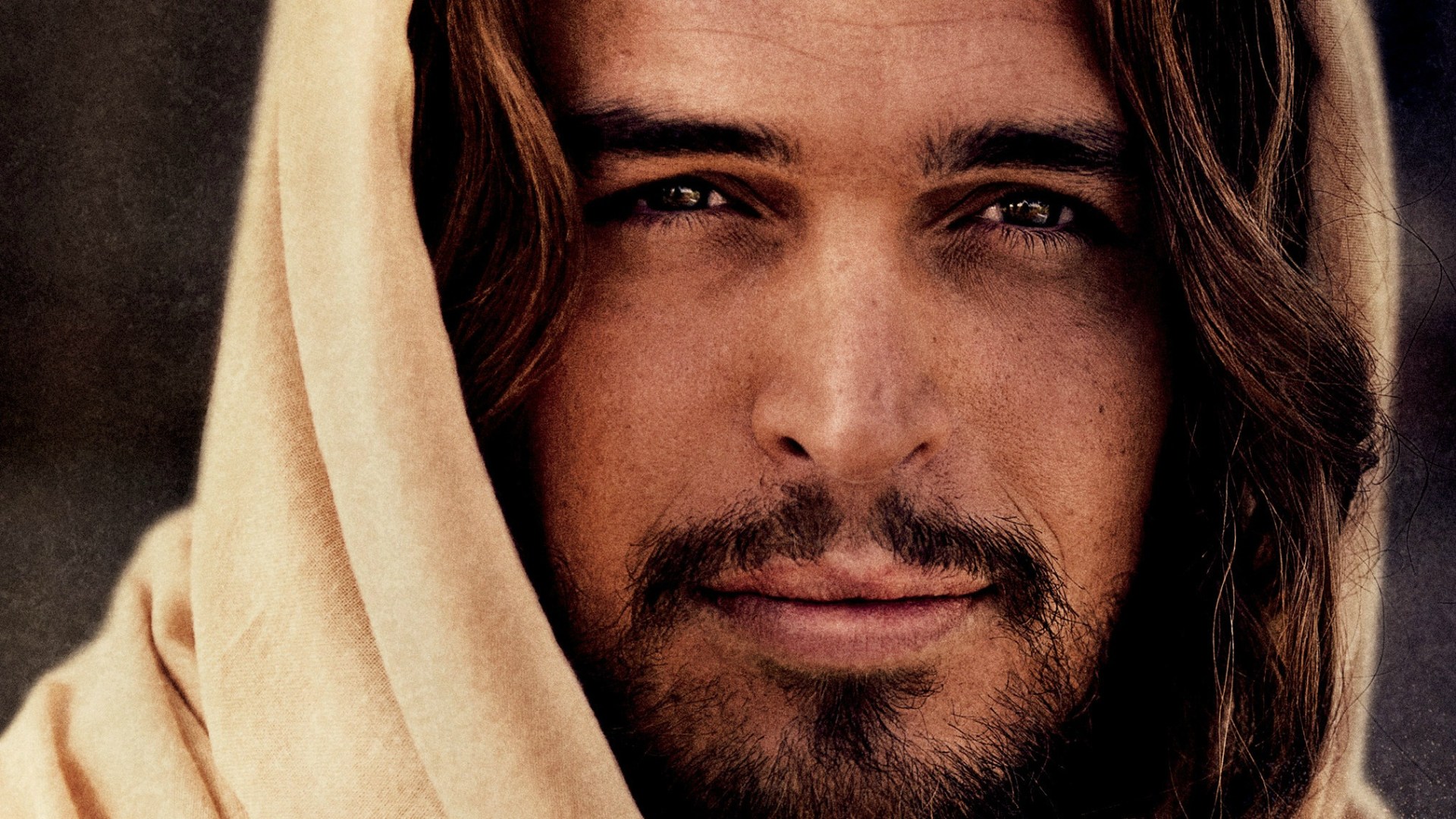Whenever the media depicts God, we Christians are quick to offer our assessment, often based on the physical features of the portrayal. Too white. Too dark. Too hippy. Too sexy.
The recent blockbuster Son of God, which brought in $26 million its opening weekend, joins a long line of these on-screen Jesuses and off-screen analyses.
If we're older, we may have laughed at 1977 Oh God star George Burns. We considered charges of anti-Semitism against Mel Gibson's Passion of the Christ. Many evangelicals, including Billy Graham, have lent endorsement to Prince of Egypt's God. Some of us have encountered a daring black God in Bruce Almighty or the female one, played by Alanis Morissette, in Dogma.
Rarely, though, do we focus on the good, the spiritual and emotional dimension, that can come from Hollywood's efforts to give God a face and voice. At this point, it's inevitable. Whether we mean to or not, we discern the contours and expressions of God's face, the tone of kindness or judgment in God's voice, and the media's portrayals can shape our imagination.
Think back to the classic 1956 film The Ten Commandments. Charlton Heston, who played Moses, pitched himself to director Cecil B. DeMille to play God's voice in the burning bush.
"You know, Mr. DeMille," Heston ventured, "it seems to me that any man hears the voice of God from inside himself. And I would like to be the voice of God." In the modern vernacular of the Hebrew Bible people, we call that chutzpah.
DeMille hedged, "Well, you know, Chuck, you've got a pretty good part as it is."
But the chutzpah got him the gig. Though not listed in the film's credits, Heston's deep bass voice is heard when God speaks from the burning bush. I'm convinced that that conversation, half a century ago, is the reason old-timers at my church insist that a previous pastor with a deep booming voice "sounded like God."
Given the recent success of Son of God, I wonder what this depiction of Jesus will have lent to our shared consciousness about who God is. What will we have gleaned from the face of Jesus that's been given flesh by Diogo Morgado?
I don't mean the actual Portuguese face—though, thank you, Hollywood, for not casting blonde-hair-blue-eyed Jesus. I don't mean the sound of the cast's proper English dialect. Rather than judging this Jesus by his physical features, what I'm searching for, what I'm listening for, is the emotional tone Morgado has given to Christ. I wonder: Is Jesus sort of worn out by people's faults and foibles? Or does Jesus show authentic affection for people? Is Jesus' voice heavy with judgment for sinners like me? Or is it light with kindness? Is Jesus rattled by our humanity? Or does his gaze communicate, "I see you. And I know who you really are"?
With the possible exception of Passion of the Christ, no popular God-image has caused quite the furor in the evangelical community as William P. Young's 2007 book, The Shack, which assigned to God the human form of an effusive full-bodied black woman.
Those who were offended rattled off a long list of reasons the unusual portrayal was "unbiblical," "heretical" and even "dangerous." Yet many found the character of Young's "Papa" God to match the God described in the Judeo-Christian Scriptures—wise, kind, loving. When tears welled up behind the eyes of Mack, the story's protagonist, Papa coos, "It's okay, honey, you can let it all out…I know you've been hurt, and I know you're angry and confused. So, go ahead and let it out. It does a soul good to let the waters run once in a while—the healing waters."
Young's imaginative representation of the first member of the Trinity allows me to connect more deeply to the God described in the Scriptures who is gracious. Who is kind. Whose mercies never fail. That's a win, in my book. God's, too, I'd expect.
And to the degree that Diogo Morgado puts authentic flesh on a God-man who moves toward those who've historically been assigned to the world's margins, who graciously welcomes sinners and who loves people as they are and not as they should be, he has given authentic face and voice to Jesus. Because of it, the eyes and ears of my heart are drawn toward the gracious Jesus I meet in the New Testament.
Charlton Heston's comment that each of us hears God's voice from inside ourselves is, in real measure, true. When the voices and images we've gathered from the culture and tucked into our deep places match the God revealed in the Scriptures—as Hollywood's portrayals, on occasion, actually do—we're closer to, not further from, encountering the God who is true.
Margot Starbuck invites readers to consider the face they've given to God in her new book, Not Who I Imagined: Surprised by a Loving God. Connect at MargotStarbuck.com or on Facebook.









